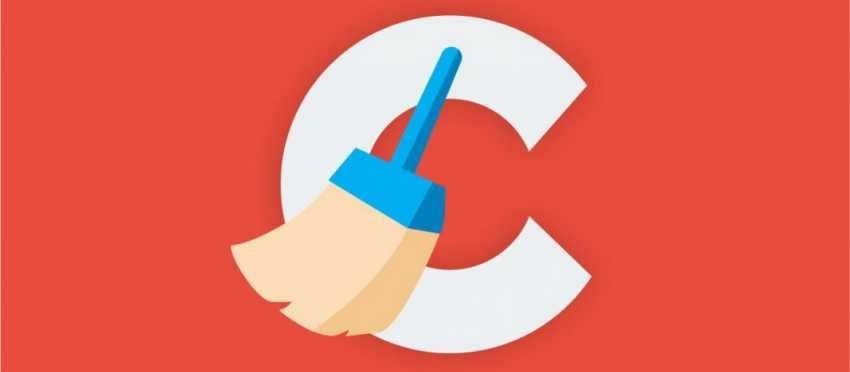If usessee it CCleaner, caution! The app is no longer the one you knew. Latest reports on the internet blame Piriform (a subsidiary of Avast) for adding “malware”, ads and more.
CCleaner is available in both free and paid versions on all Windows, Mac and mobile platforms.
For those who do not know, CCleaner is a utility used to clean unwanted files (temporary files stored from the Internet) and invalid entries in the Windows registry.
But with the release of the latest version 5.45, CCleaner tells changelog that it has added a feature that will send Piriform "more detailed bug fixes and product improvements."
Apparently those who read the changelog are not at all happy with her change which enables data collection,
In May, the CCleaner app said it would only collect anonymous data from users who have installed the free version, giving users the option to disable the feature.
However, the latest update (v5.45) of the free version of the application, operation is impossible to stop running. CCleaner's AMH (from Active Monitoring and heartbeat) and privacy settings have been removed from the free version of the program.
What is quite disturbing is that through Active Monitoring the company added malwaretheftof data (spyware) in the application to anonymously check usage analytics in order to notify users when spam files are detected!
According to the application development company, heartbeat sends "completely non-personal, and unrecognizable user information to improve CCleaner".
The paradox; You can also turn off "Enable system tracking" and "Enable active tracking" from Options> Tracking. However, after a restart of the program or after a reboot of your system, the functions are activated again.
Also, if you click the x icon to quit CCleaner, the software does not close. The application continues to run in the background for most users and regularly sends its reports to Piriform.
___________________________
- Document Foundation: The answer to the iGuRu.gr publication
- Hashcat 4.2.0: The Fastest Cracker Password






It's been a long time since another malware occurred after hacking (as reported by the company) in the same program.
Given the current "problem", is it time to think that nothing (in the past problematic operation due to a virus, but also in today) is accidental?
Simply put, did they want the company to do it, and they did it, invoking the first time hacking?
Note: I personally do not believe in coincidences and "errors" especially in programs that "hit" and look at the root of a software registry (windows and android).
right…